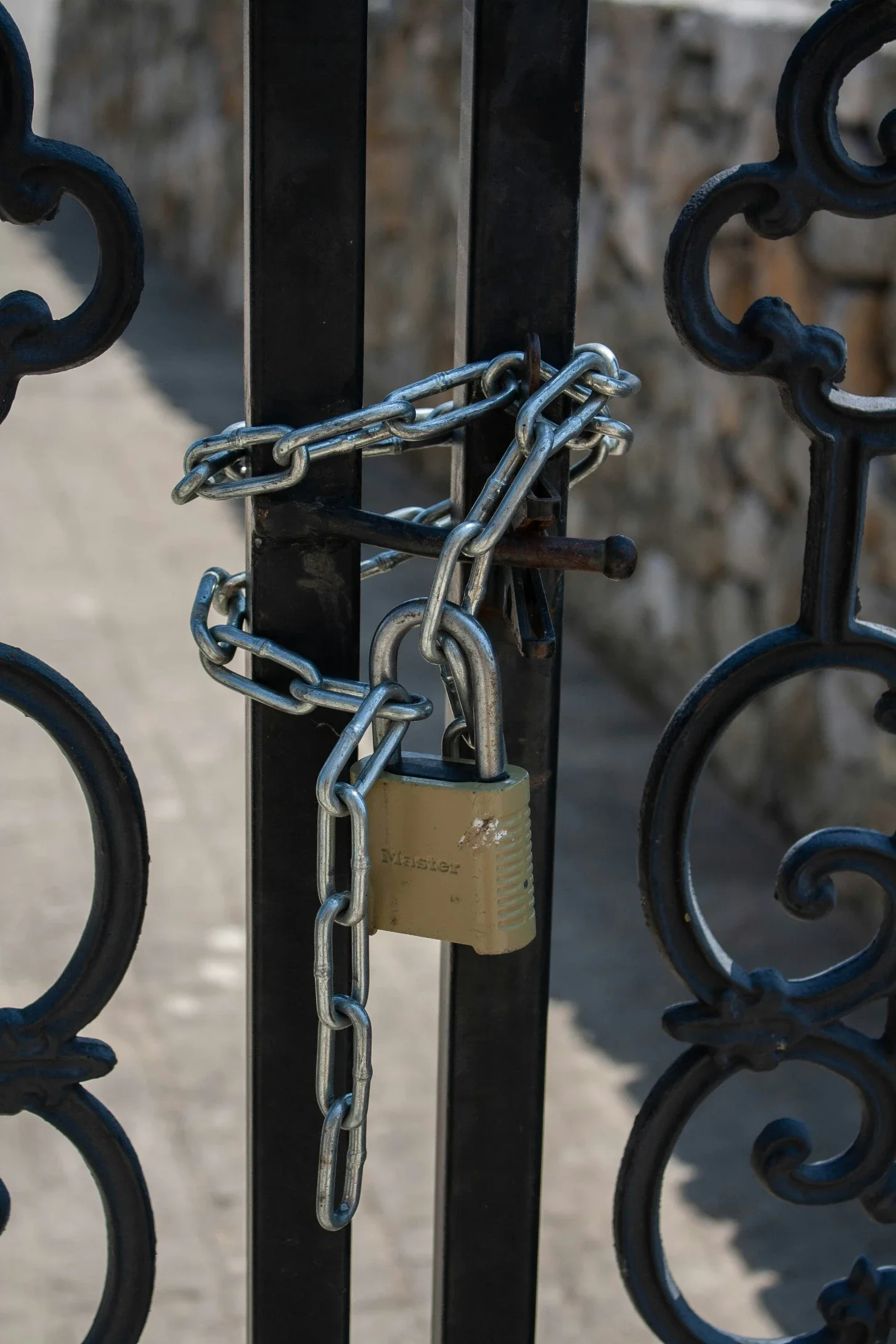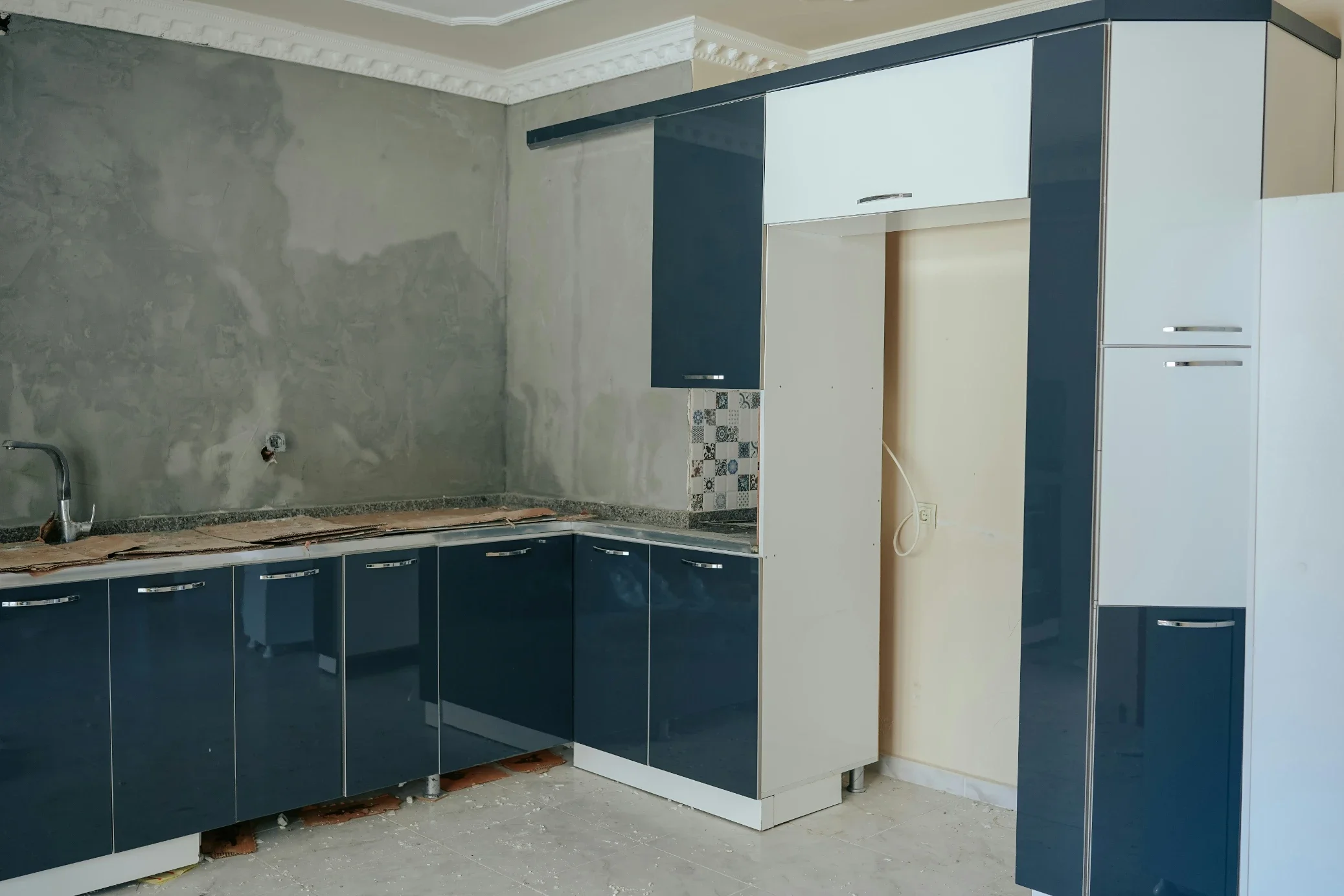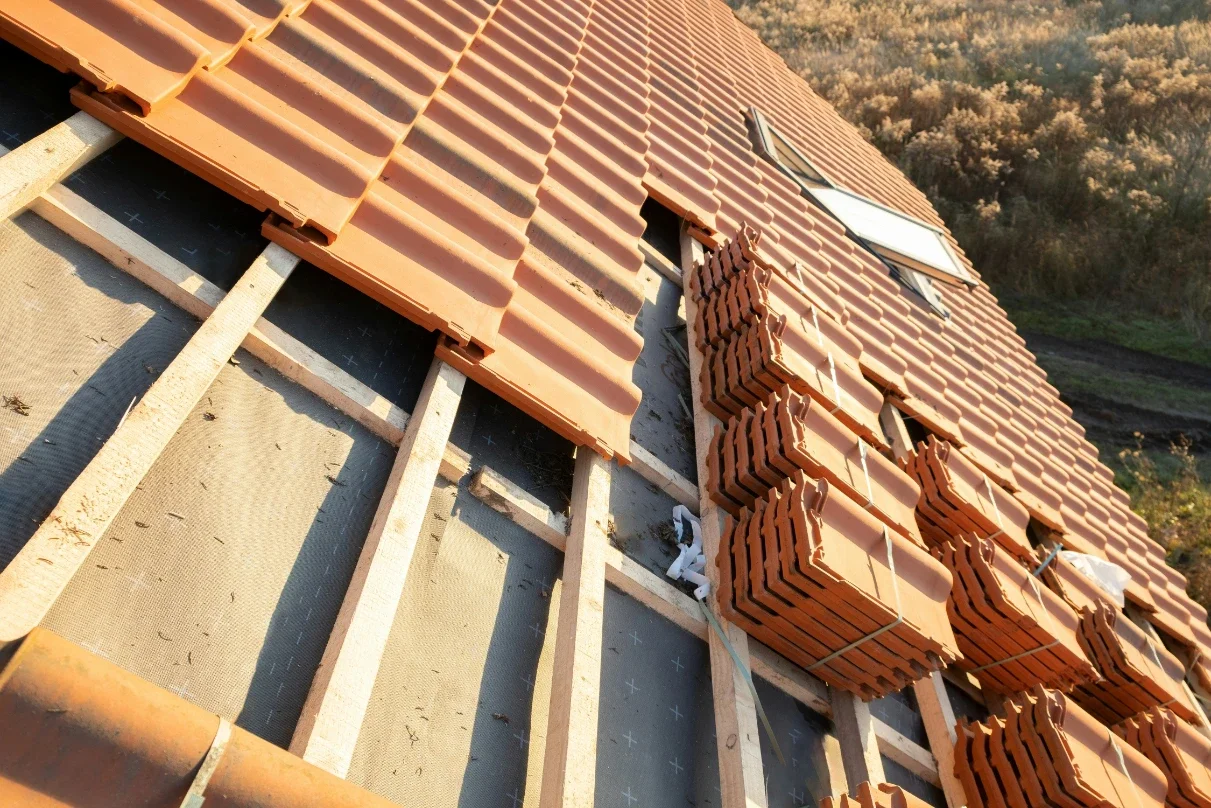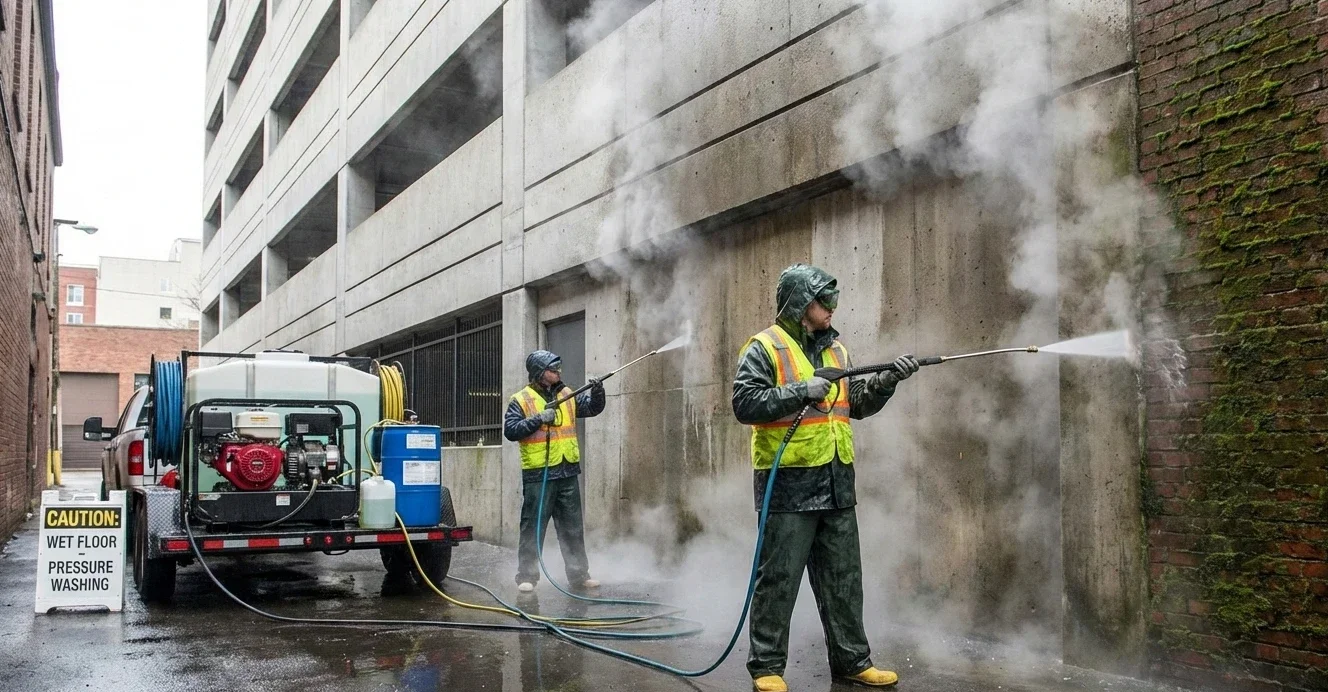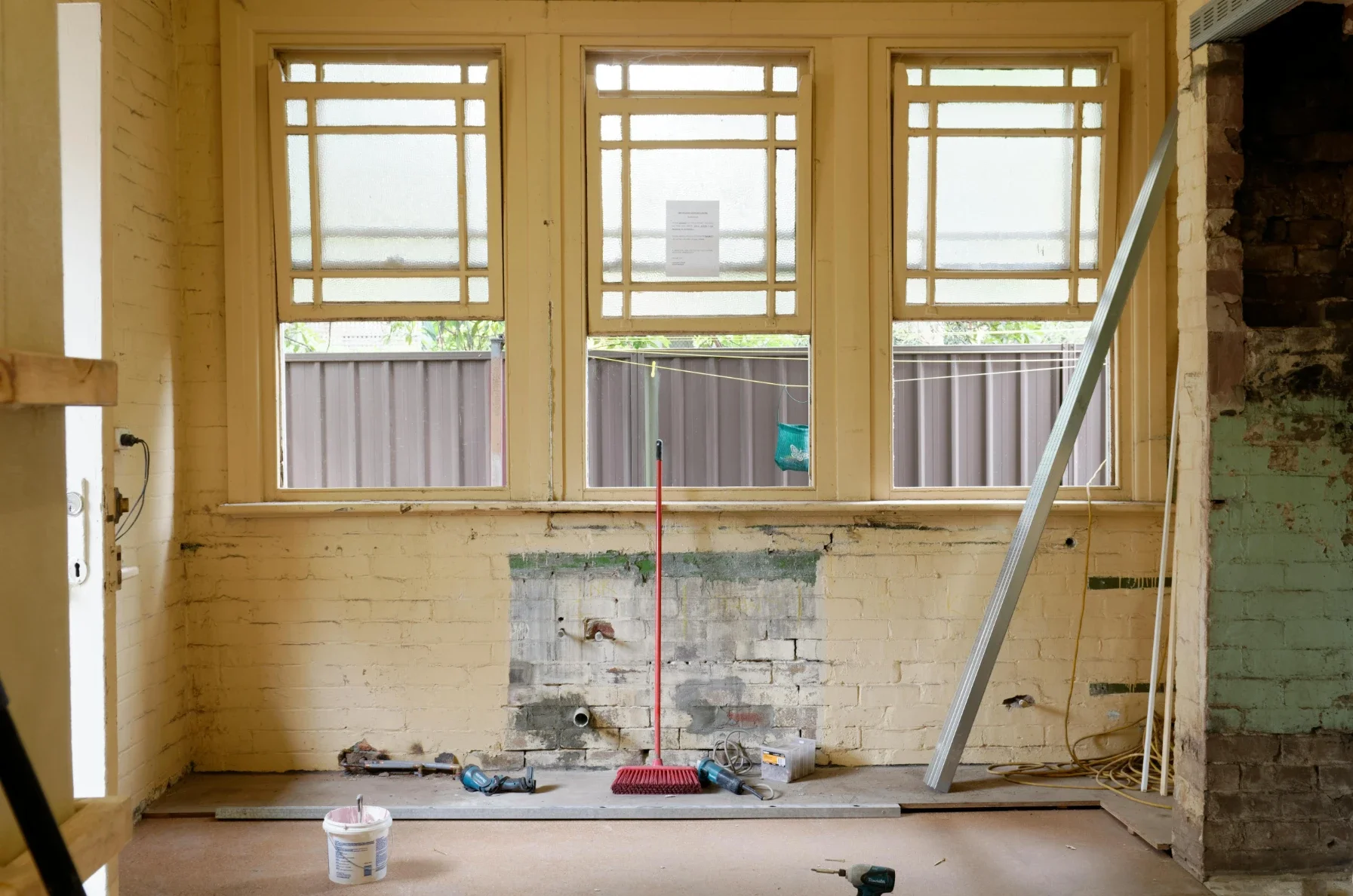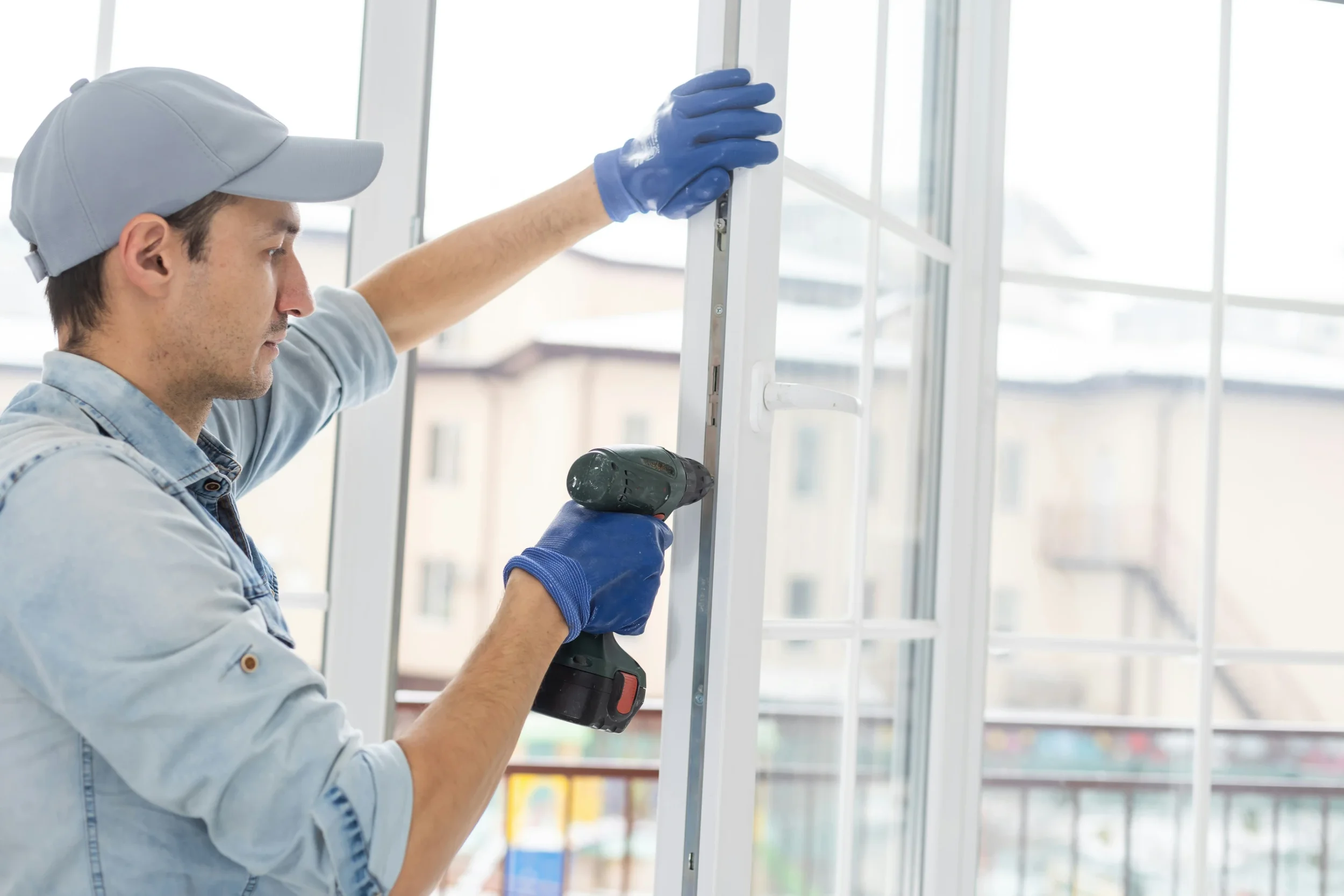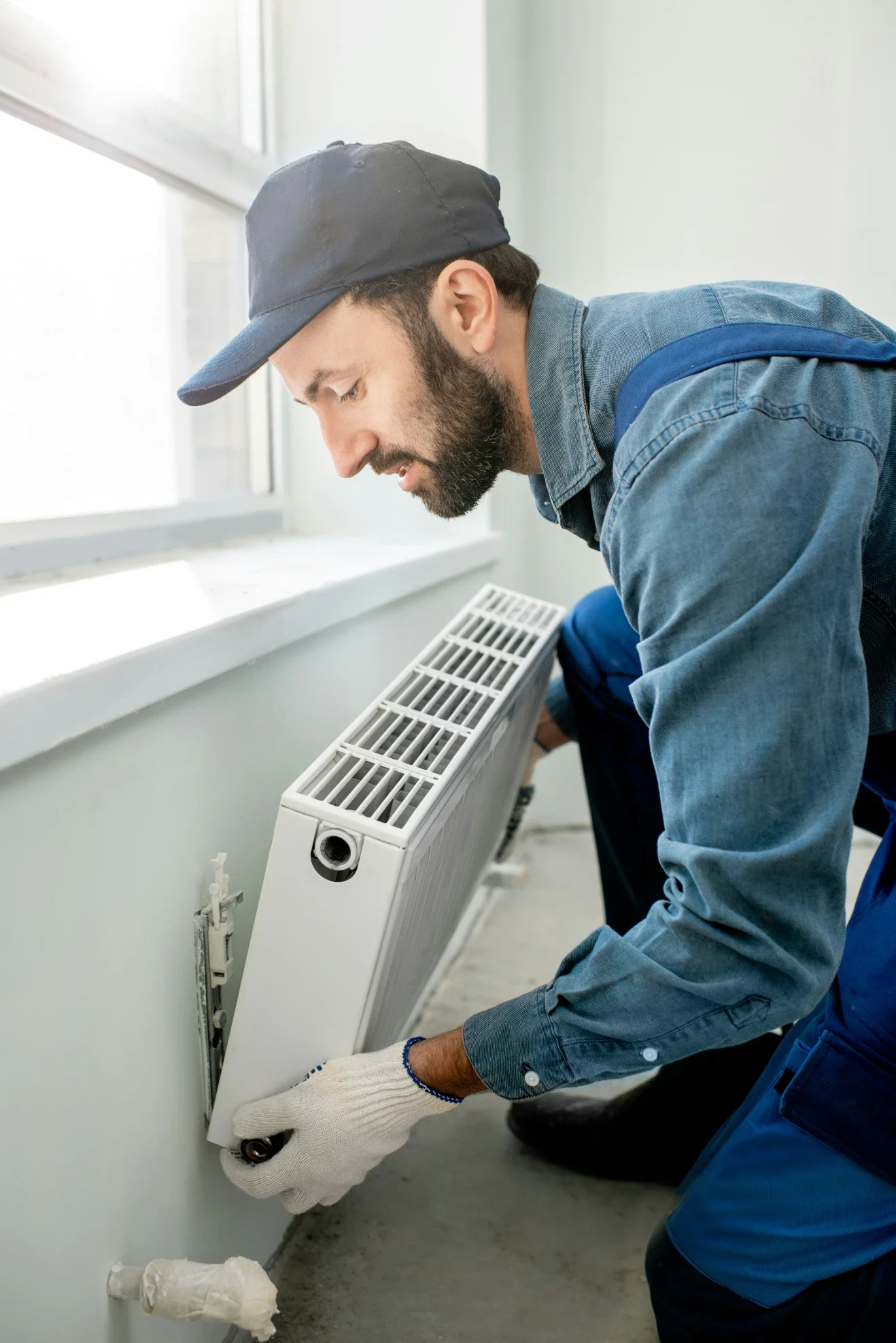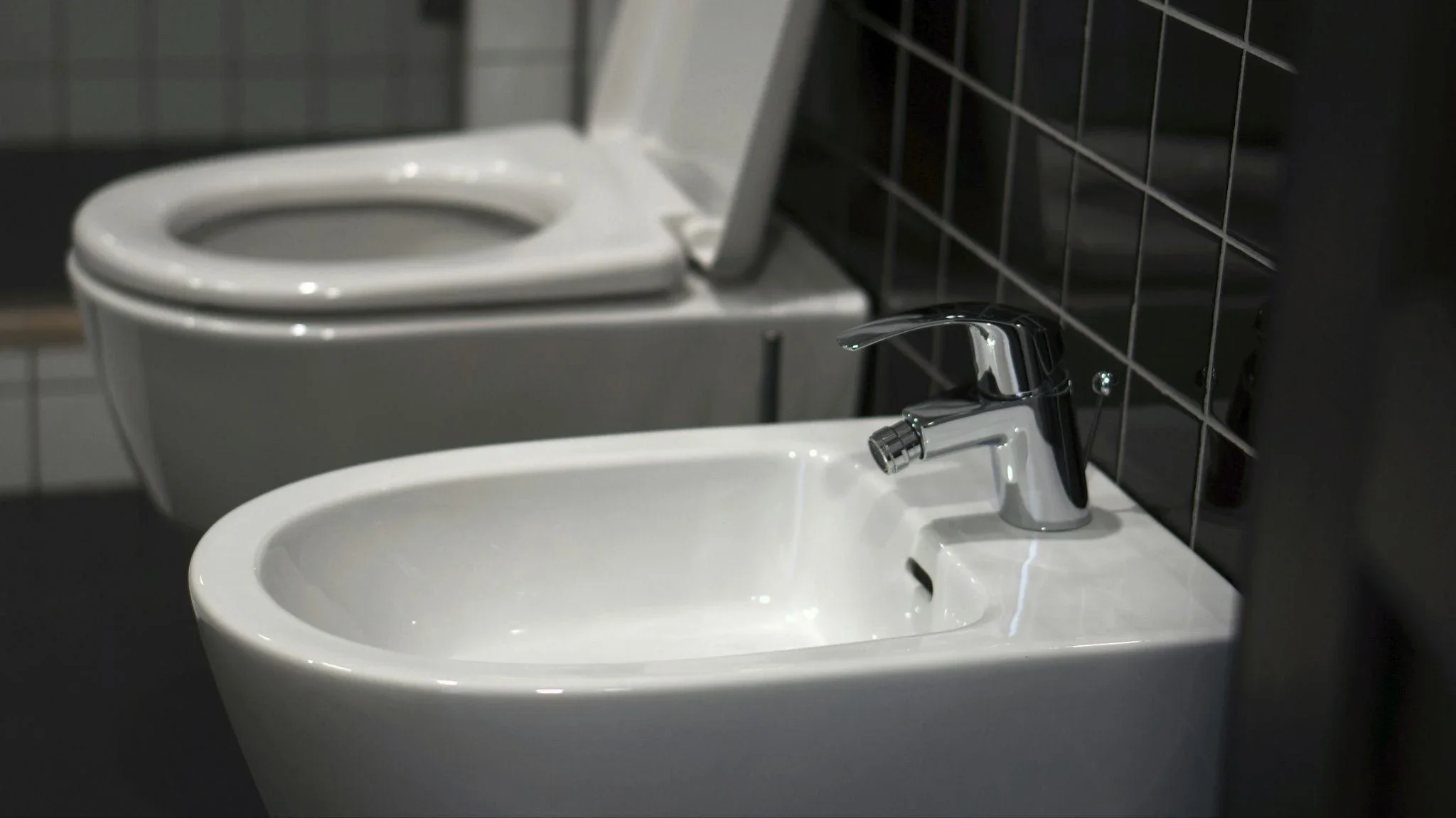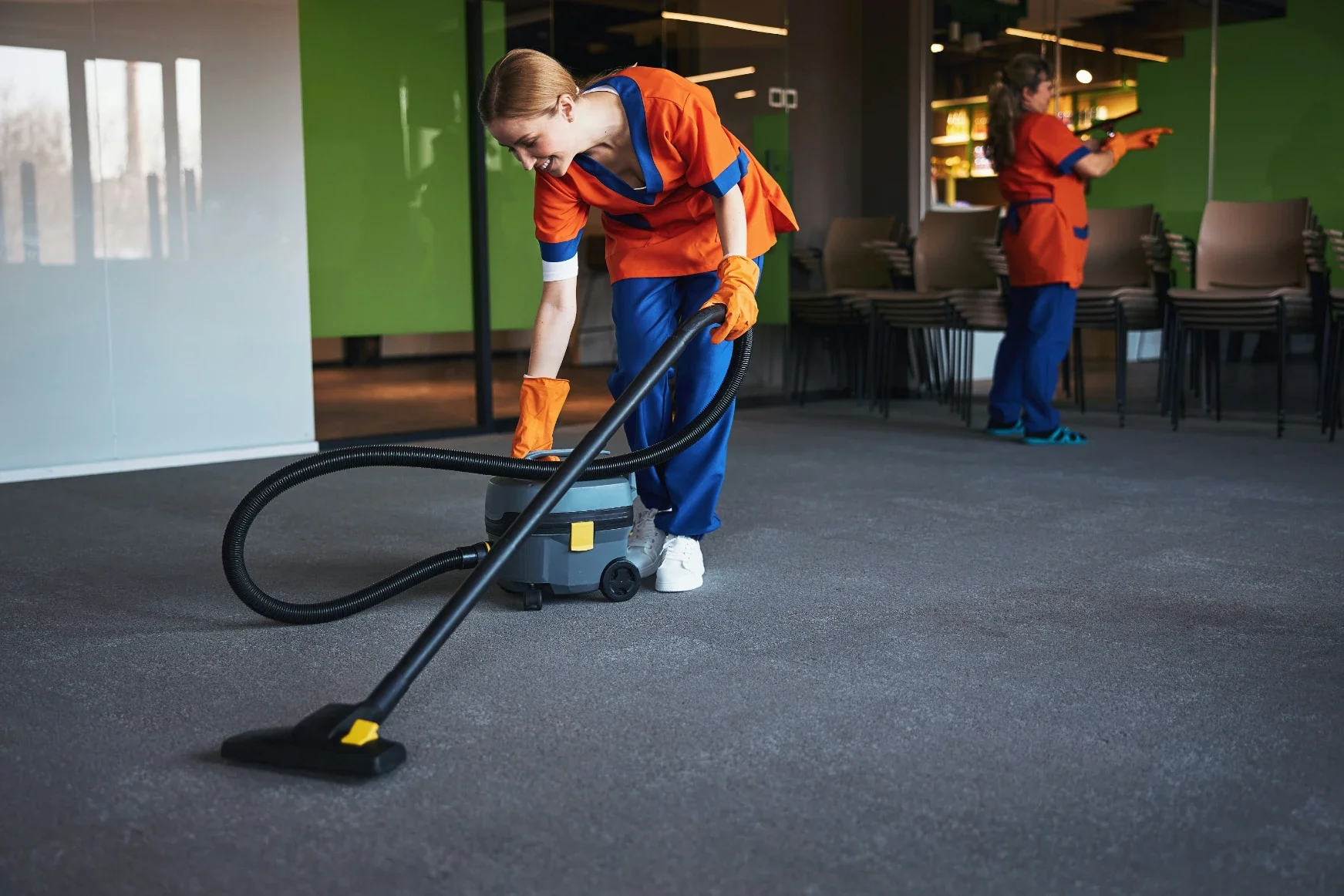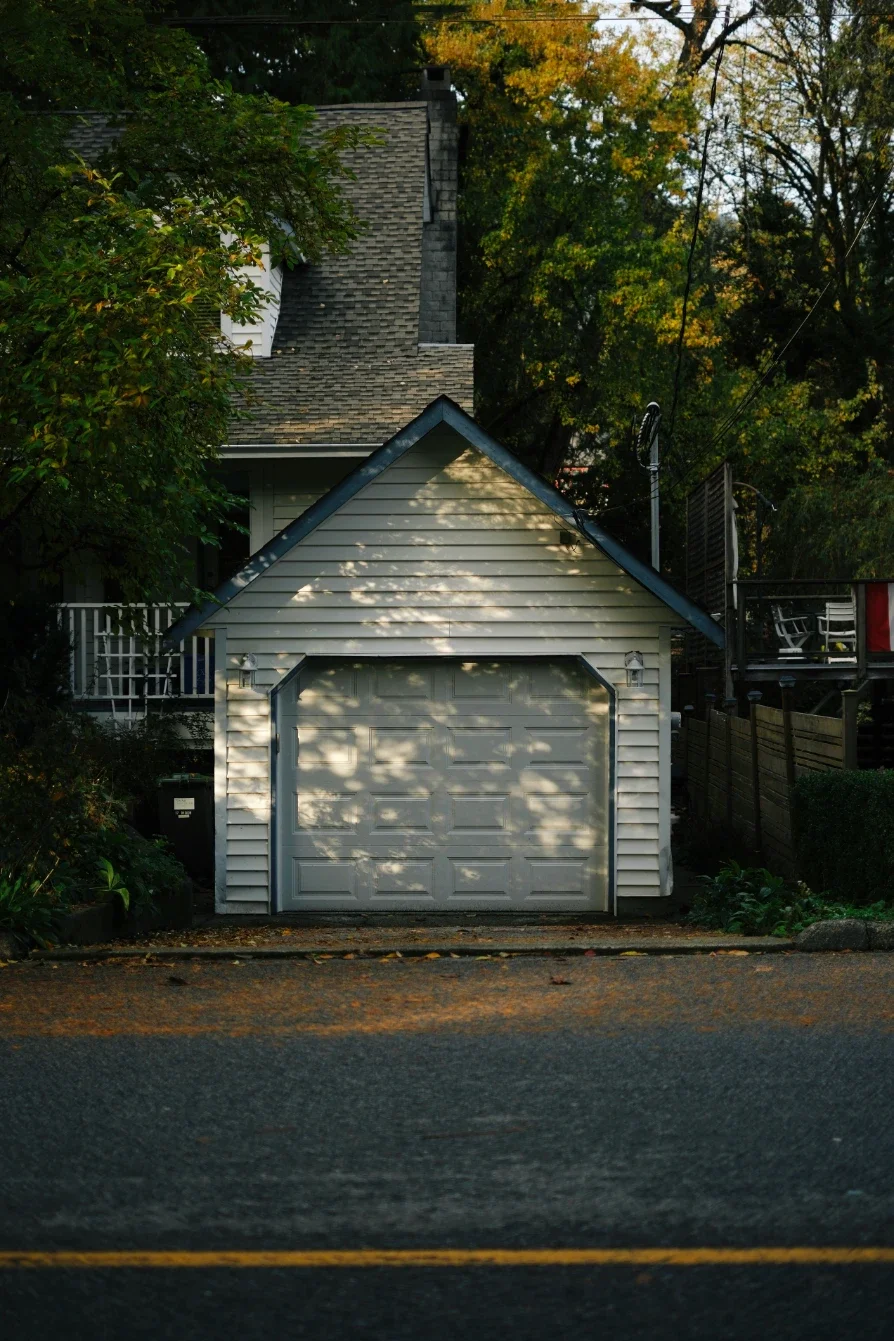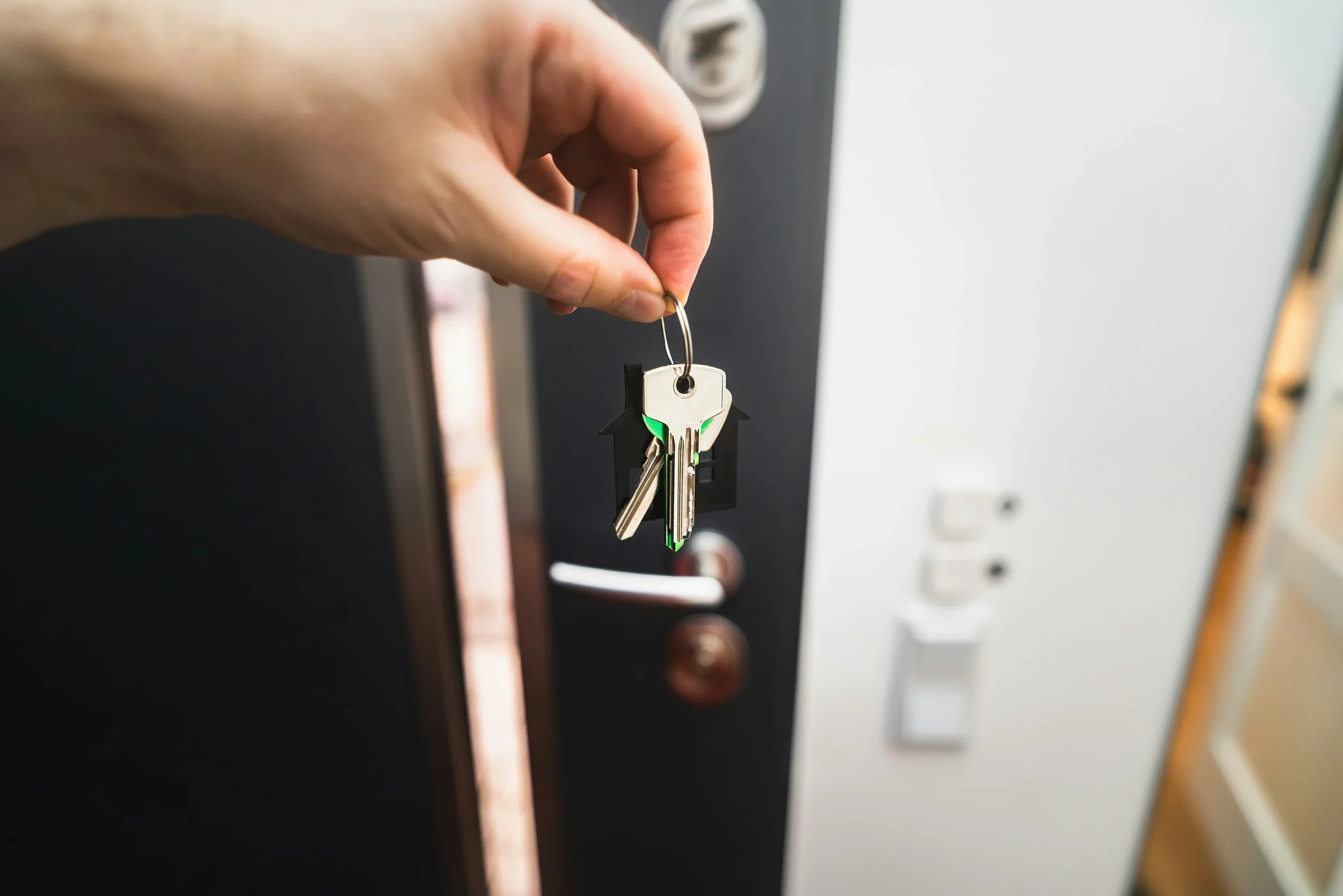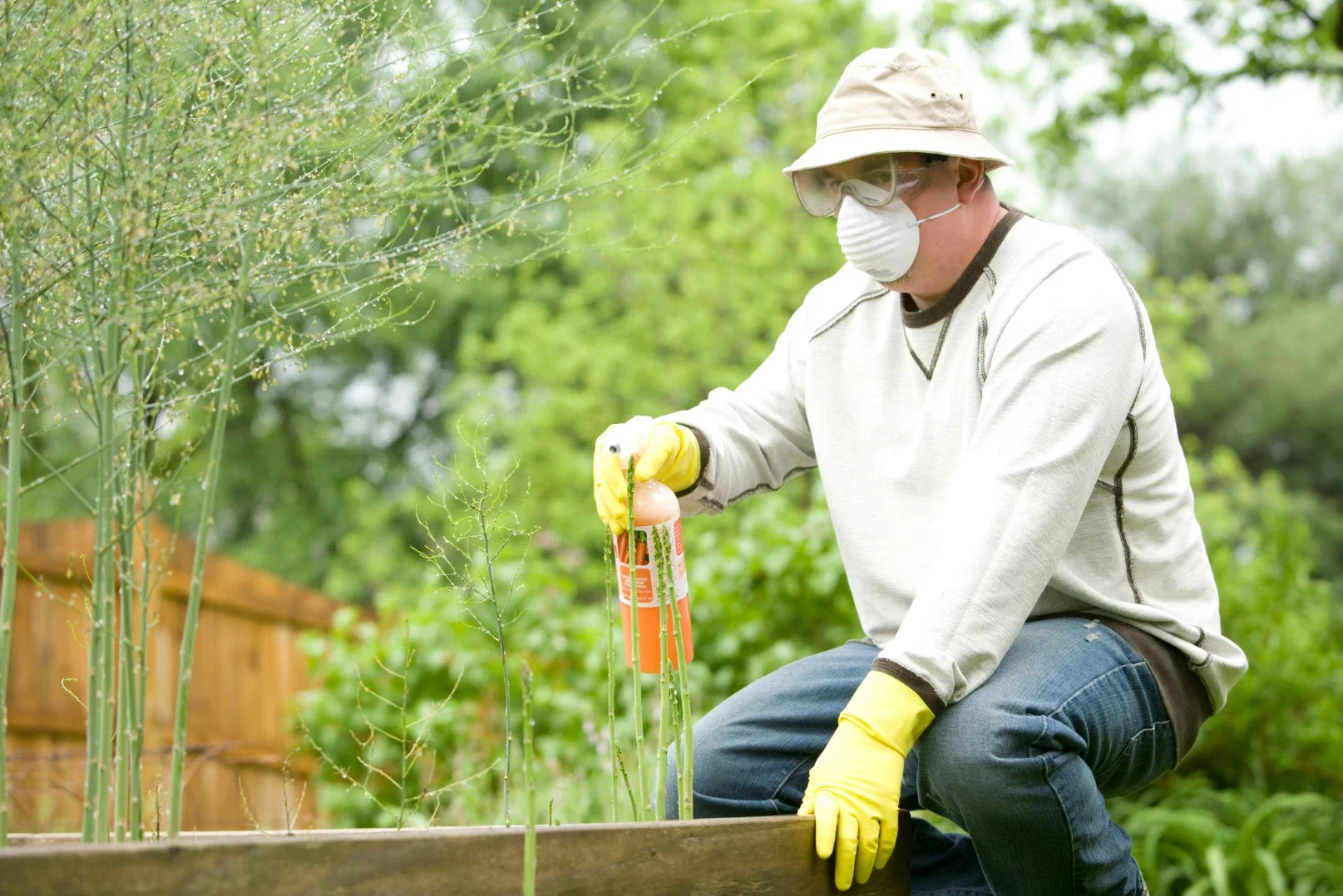Emergency HVAC Repair: Ensuring Comfort and Safety in Urgent Situations
Learn about emergency HVAC repair to ensure comfort and safety during urgent situations, with tips on what to do when your system fails unexpectedly.
Heating, ventilation, and air conditioning (HVAC) systems are the unsung heroes of modern living, tirelessly working to regulate temperature, humidity, and air quality within our homes and workplaces. Whether it's the sweltering heat of summer or the frigid chill of winter, we rely on these systems to create comfortable and healthy environments.
But what happens when your HVAC system unexpectedly malfunctions or breaks down? In extreme weather conditions, this can quickly escalate into an emergency HVAC repair situation, posing a significant risk to the health, safety, or well-being of building occupants. This could mean a complete loss of heating in freezing temperatures, no cooling during a heatwave, or even a dangerous carbon monoxide leak.
The importance of prompt emergency HVAC repair cannot be overstated. It not only restores comfort but also prevents further damage to your system and mitigates potential health or safety hazards. A swift response can be the difference between a minor inconvenience and a major crisis.
Common HVAC Emergencies
HVAC emergencies can arise from a variety of causes, but some of the most frequent culprits include:
Total System Failure: A complete shutdown of your HVAC system can leave you in the cold (or heat) with no relief. This can be caused by a tripped circuit breaker, a blown fuse, a malfunctioning thermostat, or a major component failure within the system itself. Symptoms include a lack of heating or cooling, unusual noises, and a complete absence of airflow.
Refrigerant Leaks: Refrigerant is the lifeblood of your air conditioner. When it leaks, your system can't effectively cool your home. Leaks can occur due to wear and tear, corrosion, or damage to the refrigerant lines. Signs of a refrigerant leak include warm air blowing from the vents, hissing or bubbling sounds coming from the unit, and ice forming on the refrigerant lines.
Electrical Issues: Electrical problems are a common cause of HVAC emergencies, and they can pose a serious safety hazard. Faulty wiring, loose connections, or a malfunctioning motor can all lead to electrical issues. Be on the lookout for burning smells, sparking, or tripping circuit breakers. If you notice any of these signs, it's crucial to shut off the system and call a professional immediately.
Gas Leaks: If you have a gas furnace, a gas leak is a serious emergency that requires immediate attention. Gas leaks can be caused by faulty valves, damaged gas lines, or improper installation. If you smell gas or hear a hissing sound near your furnace, evacuate the building immediately and call the gas company.
Carbon Monoxide Leaks: Carbon monoxide (CO) is a colorless, odorless gas produced by the incomplete combustion of fuels. CO leaks from faulty furnaces or water heaters can be deadly. Symptoms of CO poisoning include headache, dizziness, nausea, and confusion. If you suspect a CO leak, leave the building immediately and call emergency services.
In addition to these common emergencies, other issues like frozen coils, clogged condensate lines, or a malfunctioning blower motor can also disrupt your HVAC system and require urgent attention.
Risks of Delaying HVAC Repairs
While it might be tempting to put off HVAC repairs to save money or avoid the hassle, delaying professional intervention can have serious consequences:
Health Risks
Extreme Temperatures: A malfunctioning HVAC system can leave you exposed to extreme temperatures, whether it's the blistering heat of summer or the freezing cold of winter. This can be particularly dangerous for vulnerable individuals, such as the elderly, young children, and those with pre-existing health conditions. Heatstroke, hypothermia, and respiratory problems are just a few of the health risks associated with prolonged exposure to extreme temperatures.
Poor Air Quality: HVAC systems play a crucial role in maintaining good indoor air quality by filtering out pollutants and regulating humidity levels. When your system isn't working properly, it can lead to a buildup of dust, allergens, mold spores, and other contaminants in the air. This can trigger allergies, asthma attacks, and other respiratory problems, particularly in those with sensitivities.
Financial Implications
Increased Repair Costs: Ignoring a minor HVAC issue can allow it to escalate into a major problem, leading to extensive damage to your system. This can significantly increase repair costs and may even necessitate a complete system replacement.
Higher Energy Bills: A malfunctioning HVAC system has to work harder to maintain the desired temperature, which translates to higher energy consumption and increased utility bills. A small refrigerant leak, for example, can force your air conditioner to run continuously, consuming excessive amounts of energy. Addressing the problem promptly can save you money in the long run.
Additional Considerations
System Lifespan: Delaying repairs can shorten the lifespan of your HVAC system, leading to premature failure and the need for costly replacement. Regular maintenance and prompt repairs can extend the life of your system, saving you money and ensuring your comfort for years to come.
Property Damage: In some cases, HVAC malfunctions can cause water leaks or other types of damage to your property. For example, a clogged condensate line can overflow and cause water damage to your walls, ceilings, or flooring.
Immediate Steps to Take During an HVAC Emergency
When faced with an HVAC emergency, it's important to act quickly and decisively to ensure your safety and minimize damage to your system. Here are some essential steps to take:
Safety Precautions
Shut off the system: If you suspect a problem, turn off your HVAC system immediately. This will prevent further damage and minimize any potential safety hazards.
Check for visible issues: Inspect the unit for any obvious signs of damage, such as leaks, smoke, or sparks. If you see anything unusual, do not attempt to fix it yourself. Call a professional immediately.
Evacuate if necessary: If you smell gas or suspect a carbon monoxide leak, evacuate the building immediately and call the appropriate authorities. Do not re-enter the building until it has been deemed safe.
Temporary Measures
While waiting for professional help to arrive, you can take some temporary measures to maintain comfort:
Open windows and doors: If the weather permits, open windows and doors to increase ventilation and regulate the temperature.
Use fans: Fans can help circulate air and provide some relief from the heat or cold.
Wear appropriate clothing: Dress in layers to adjust to the temperature.
Stay hydrated: Drink plenty of fluids to stay hydrated, especially in hot weather.
When to Call for Professional Help
It's crucial to call for emergency HVAC services if:
You suspect a gas leak or carbon monoxide leak.
You see visible damage to the unit or wiring.
The system is making unusual noises or emitting strange odors.
You have tried basic troubleshooting steps and the problem persists.
Remember, it's always better to err on the side of caution when dealing with HVAC emergencies. A qualified technician can diagnose and repair the problem safely and efficiently, restoring your comfort and peace of mind.
Choosing the Right Emergency HVAC Repair Service
When your HVAC system malfunctions, selecting the right emergency repair service can make all the difference in restoring your comfort and minimizing disruptions. Here are some key factors to consider:
Key Factors
Availability: Look for a company that offers 24/7 emergency services. HVAC emergencies don't always happen during regular business hours, so it's crucial to have access to a technician who can respond promptly, day or night.
Response Time: Inquire about the company's average response time for emergency calls. A quick response is essential to prevent further damage to your system and restore your comfort as soon as possible.
Certifications and Licenses: Ensure that the technicians are licensed and certified to work on HVAC systems. This indicates that they have the necessary knowledge and expertise to diagnose and repair your system safely and efficiently.
Experience: Choose a company with a proven track record of handling HVAC emergencies. Experienced technicians are better equipped to identify and resolve complex issues.
Reputation: Check online reviews and ask for referrals to gauge the company's reputation. A reputable company will have positive feedback from satisfied customers.
Pricing: Obtain quotes from several companies to compare prices. However, don't automatically choose the cheapest option. Consider the company's reputation, experience, and the quality of service they offer.
Importance of Choosing a Reputable Service Provider
Selecting a reputable and experienced HVAC repair service is crucial for several reasons:
Safety: HVAC systems involve electrical components and potentially hazardous materials, such as refrigerant. A qualified technician will follow safety protocols to protect you and your property.
Quality of Work: A reputable company will use high-quality parts and adhere to industry standards, ensuring that the repair is done correctly the first time.
Warranty: Many reputable companies offer warranties on their repairs, giving you peace of mind and protecting you from unexpected expenses.
Questions to Ask Potential Repair Services
Before hiring an emergency HVAC repair service, ask these important questions:
Are you available 24/7 for emergency calls?
What is your average response time for emergency calls?
Are your technicians licensed and certified?
How much experience do you have in handling HVAC emergencies?
Can you provide references from past customers?
What is your pricing structure for emergency repairs?
Do you offer warranties on your repairs?
By asking these questions and considering the key factors mentioned above, you can choose a reliable and trustworthy HVAC repair service that will restore your comfort and peace of mind in the face of an emergency.
Preventing HVAC Emergencies
While HVAC emergencies are sometimes unavoidable, many can be prevented through regular maintenance and proactive measures:
Importance of Regular Maintenance and Inspections
Scheduling regular maintenance visits with a qualified HVAC technician is the best way to prevent emergencies. During these visits, the technician will:
Clean or replace air filters.
Inspect and clean coils and condensate drains.
Check refrigerant levels and look for leaks.
Test electrical connections and controls.
Lubricate moving parts.
Inspect and adjust belts and pulleys.
These routine checks can identify potential problems before they escalate into emergencies, saving you money and hassle in the long run.
Tips for Homeowners
In addition to professional maintenance, homeowners can take several steps to prevent common HVAC issues:
Change air filters regularly: Dirty filters restrict airflow and force your system to work harder, leading to increased wear and tear and potential breakdowns.
Keep the area around the unit clean: Remove debris, leaves, and other obstructions that can impede airflow and damage the unit.
Check the condensate drain: Ensure that the condensate drain is clear and flowing freely. A clogged drain can cause water damage and mold growth.
Monitor the thermostat: Make sure your thermostat is working properly and set to the desired temperature.
Schedule professional maintenance: Have your system inspected and serviced by a qualified technician at least once a year, preferably before the start of the heating or cooling season.
Creating a Maintenance Schedule
Work with your HVAC service provider to create a customized maintenance schedule that fits your needs and budget. Most manufacturers recommend annual maintenance visits, but some systems may require more frequent checks depending on usage and age.
Conclusion
HVAC emergencies can be disruptive, costly, and even dangerous. By addressing problems promptly and investing in regular maintenance, you can ensure your comfort, protect your health, and extend the lifespan of your HVAC system. Remember, prevention is always better than cure.
By following the tips outlined in this article and working with a reputable HVAC service provider, you can enjoy a comfortable and safe indoor environment year-round.
I hope this comprehensive non-commercial article on emergency HVAC repair has been helpful. Let me know if you have any other questions!



